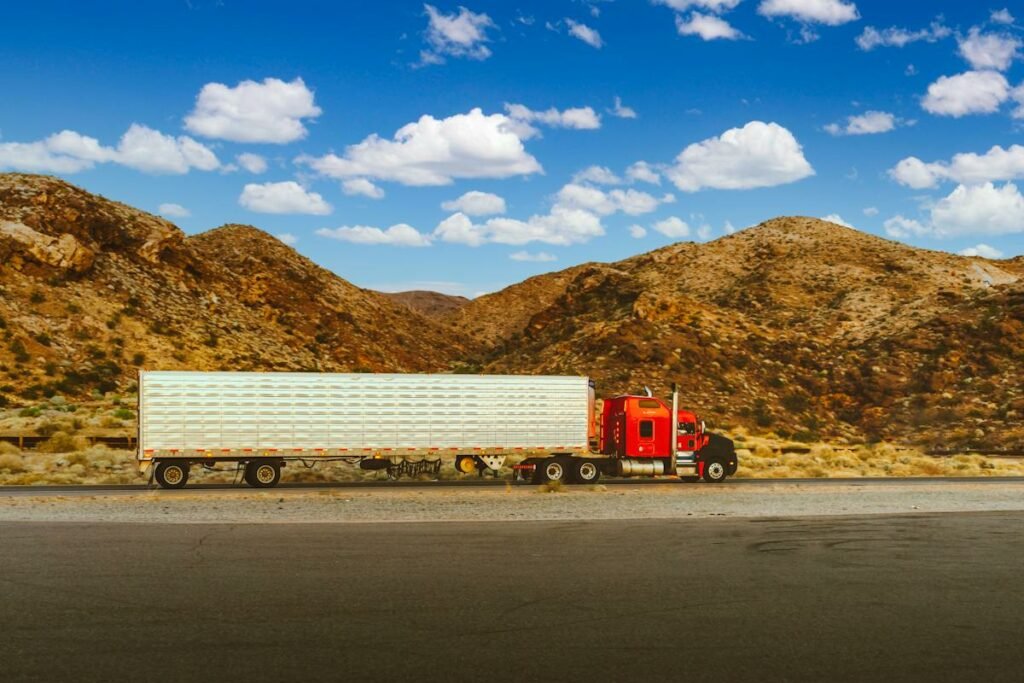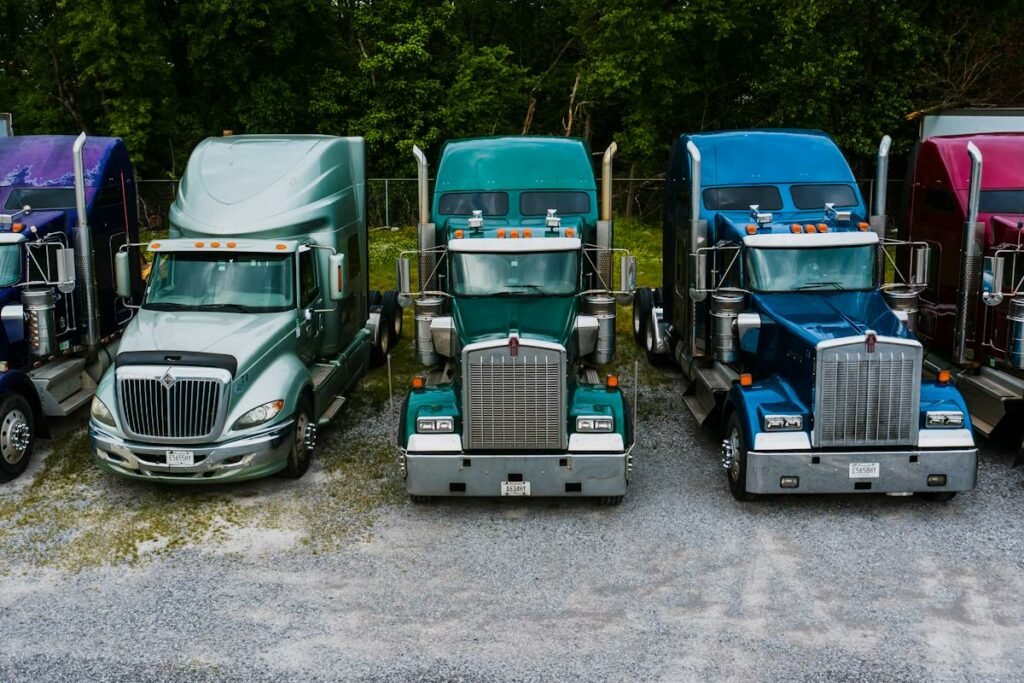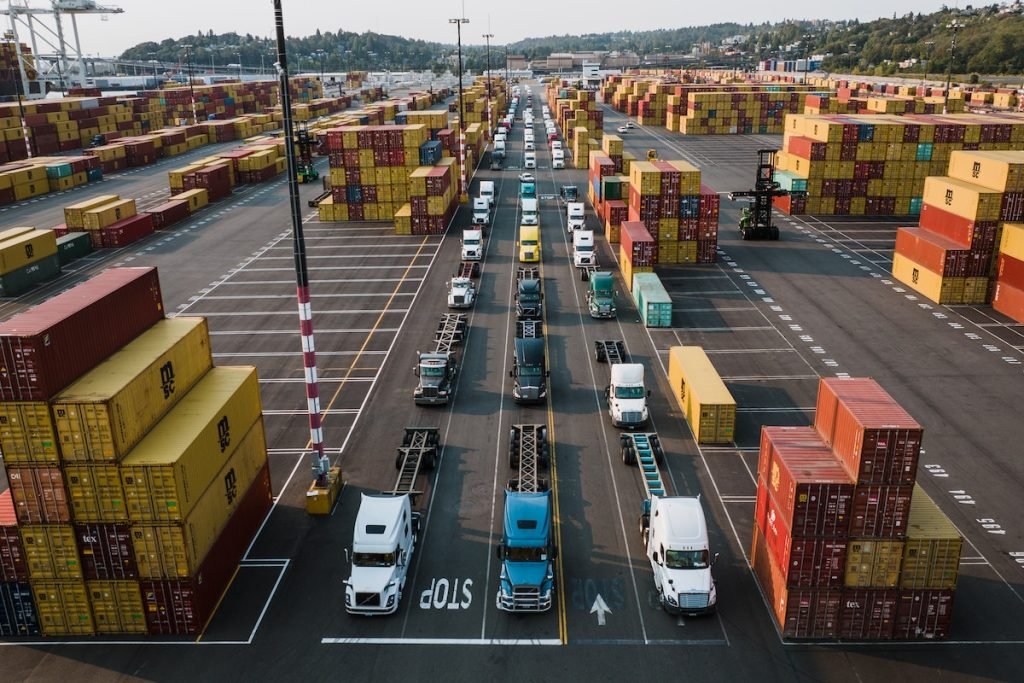In Arizona’s logistics industry, intrastate drayage—the transportation of goods inside a single state—is essential to the smooth operation of goods between ports, warehouses, and distribution hubs.
Because of its advantageous position as a gateway to the West, Arizona depends on effective drayage services to stay ahead of the competition in the logistics sector. However, there are a lot of things to take into account when choosing the best drayage supplier in Arizona.
The goal of this article is to give businesses a thorough guide to help them through the difficult process of choosing the best drayage supplier, assuring the efficient and economical transportation of goods within the state.
Understanding Your Needs

drayage service. Start by estimating how much cargo you move around, what kind of cargo it is (e.g., finished goods, raw materials, containers), and how often you deliver.
Take into account your budgetary restrictions as well as the necessary turnaround time, which determines how quickly the drayage process moves. Once these essentials are determined, decide the sort of drayage services necessary.
Do you need services that connect seaports to your storage facilities via port-to-warehouse transportation, or do you require port-to-port transportation, where containers go directly between seaports? Or, for internal logistics, warehouse-to-warehouse drayage may be required.
Lastly, determine if there are any specific needs, such as managing hazardous chemicals, shipping perishables at a controlled temperature, or special equipment for large loads. Having a thorough grasp of your needs will help you choose the drayage solution that best fits your unique operational requirements.
Key Factors to Consider

When choosing a trucking company for your Arizona-based business, reputation and experience are important, so look into the provider’s history, track record, and client testimonies to determine their reliability and expertise.
Safety and compliance are critical, therefore check the provider’s compliance with DOT rules and examine their safety records. Examine the size, condition, and compatibility of their fleet to verify they meet your specific transportation needs.
Furthermore, assess their network and coverage in Arizona to ensure enough coverage for your preferred routes. Lastly, take into account the provider’s technological expertise, paying particular attention to real-time tracking systems and communication platforms, as these qualities can improve productivity, communication, and overall shipment visibility.
Pricing and Cost Transparency

Pricing and cost transparency are critical aspects of transportation services, and they can have a considerable impact on a consumer’s decision-making process.
When examining pricing structures, it is critical to explore a variety of possibilities, including flat-rate, mileage-based, and time-based pricing. Each of these models has benefits and drawbacks, and understanding them can help consumers make better selections.
A flat-rate pricing model charges a fixed amount for a service regardless of distance or time taken. This approach is basic and easy to understand, making it an appealing choice for customers. However, flat-rate pricing may not always be the most economical option, particularly for shorter routes or during off-peak hours.
In contrast, mileage-based pricing is a concept in which the cost of a service is determined by the distance traveled. With this arrangement, customers simply pay for the actual distance they travel, which might be advantageous for those who travel long distances. However, mileage-based pricing can be more expensive for shorter routes, as the cost is frequently not significantly lower than a flat-rate alternative.
Time-based pricing is a pricing strategy in which the cost of a service is determined by how long it takes to complete. This style may be useful for consumers who are not in a hurry and can take their time moving. However, time-based pricing may be more expensive for users who are in a hurry, as the cost can quickly build up during peak hours.
It is crucial to look for pricing transparency, including any potential hidden costs, while evaluating pricing structures. While some transportation providers claim low flat rates, they may tack on extra costs for tolls, waiting periods, or extra passengers. Before employing a service, customers should thoroughly research its pricing structure to prevent any unforeseen expenses.
Customer Service and Communication

Effective communication and customer service from a supplier are essential components of a strong business partnership. Being responsive is crucial, and a provider’s ability to communicate effectively and promptly with their clients is one of the main markers of that commitment.
Clear communication, free of technical jargon and ambiguity, ensures that clients completely understand the intricacies of their service and any relevant upgrades. The capacity to handle problems well is equally crucial since it shows a proactive attitude toward tackling obstacles and identifying solutions that satisfy the needs of the client.
A team of professional account managers improves the experience by offering a single point of contact for all inquiries and complaints. This tailored approach strengthens the relationship and allows the supplier to tailor their services more efficiently. Furthermore, an effective client support system, accessible via many channels, guarantees that clients can get help whenever they need it.
A comprehensive customer care system that includes live chat, email, phone, and online resources enables customers to handle issues quickly and efficiently, reducing service disruptions and promoting a pleasant overall experience.
Security and Insurance

When working with a logistics provider, it is crucial to have full security and insurance coverage. You must confirm the insurance coverage of the provider, which includes some important details. Cargo insurance protects your goods from damage or loss during transit, giving financial compensation for any unforeseen events.
Liability insurance protects the provider against claims originating from potential accidents or negligence related to their services, providing peace of mind in the event of unanticipated circumstances. Worker’s compensation insurance is critical for protecting employees in the event of accidents or illnesses acquired while on the job, ensuring they receive medical care and financial assistance as needed.
By thoroughly researching various insurance options and their coverage limitations, you may reduce any risks associated with your shipments and guarantee that you are well-protected in the event of any unforeseen occurrences. This due diligence builds a trustworthy and secure collaboration with your logistics supplier, allowing you to confidently focus on your core business operations.
Conclusion

Choosing the best intrastate drayage carrier in Arizona is critical for guaranteeing efficient and cost-effective freight delivery, especially given the state’s extensive landscape and complex transportation system.
It is critical to select a provider who understands Arizona’s specific issues, has a strong network of resources, and is committed to safety and reliability. Such a strategic alliance ensures efficient operations, reduced downtime, and increased profitability.
Experience efficient Intrastate Drayage with Trojan Horse Truck Services in Arizona – book now!

Recent Comments